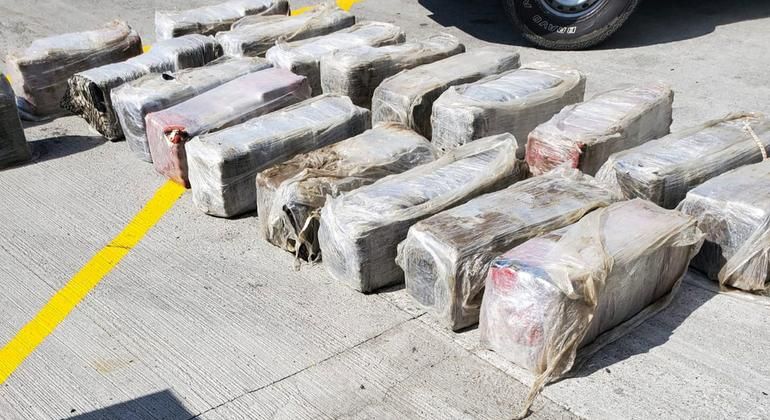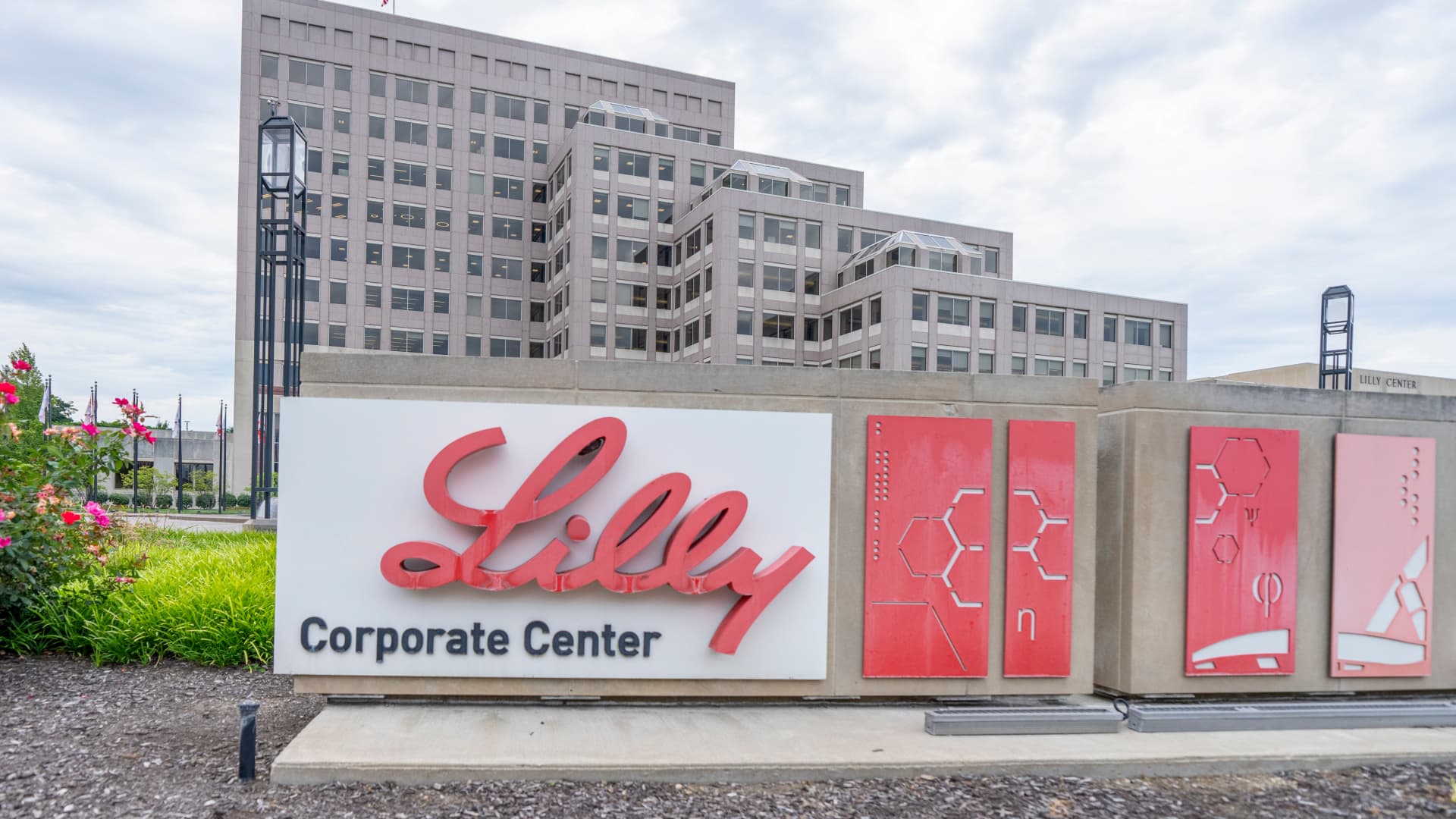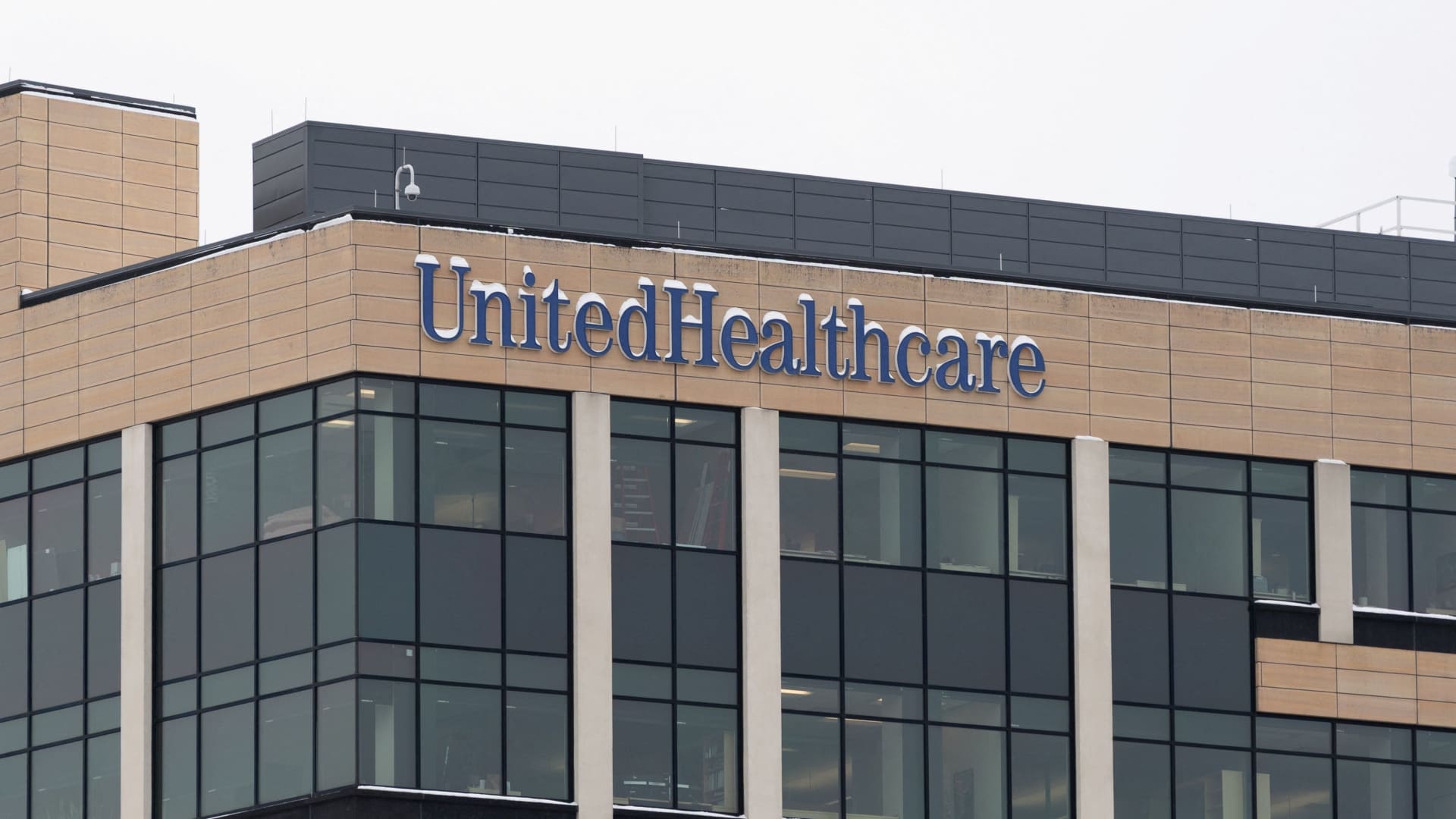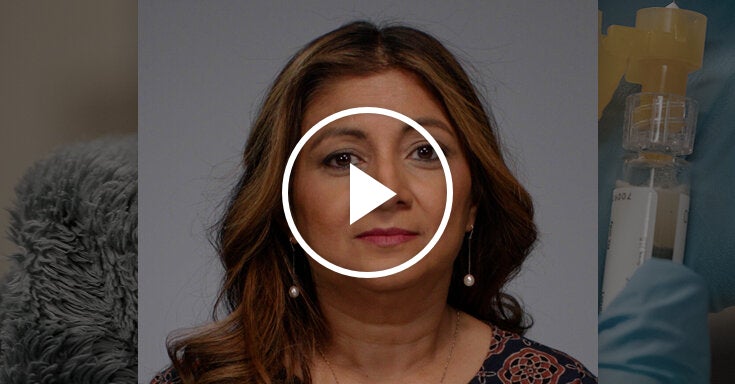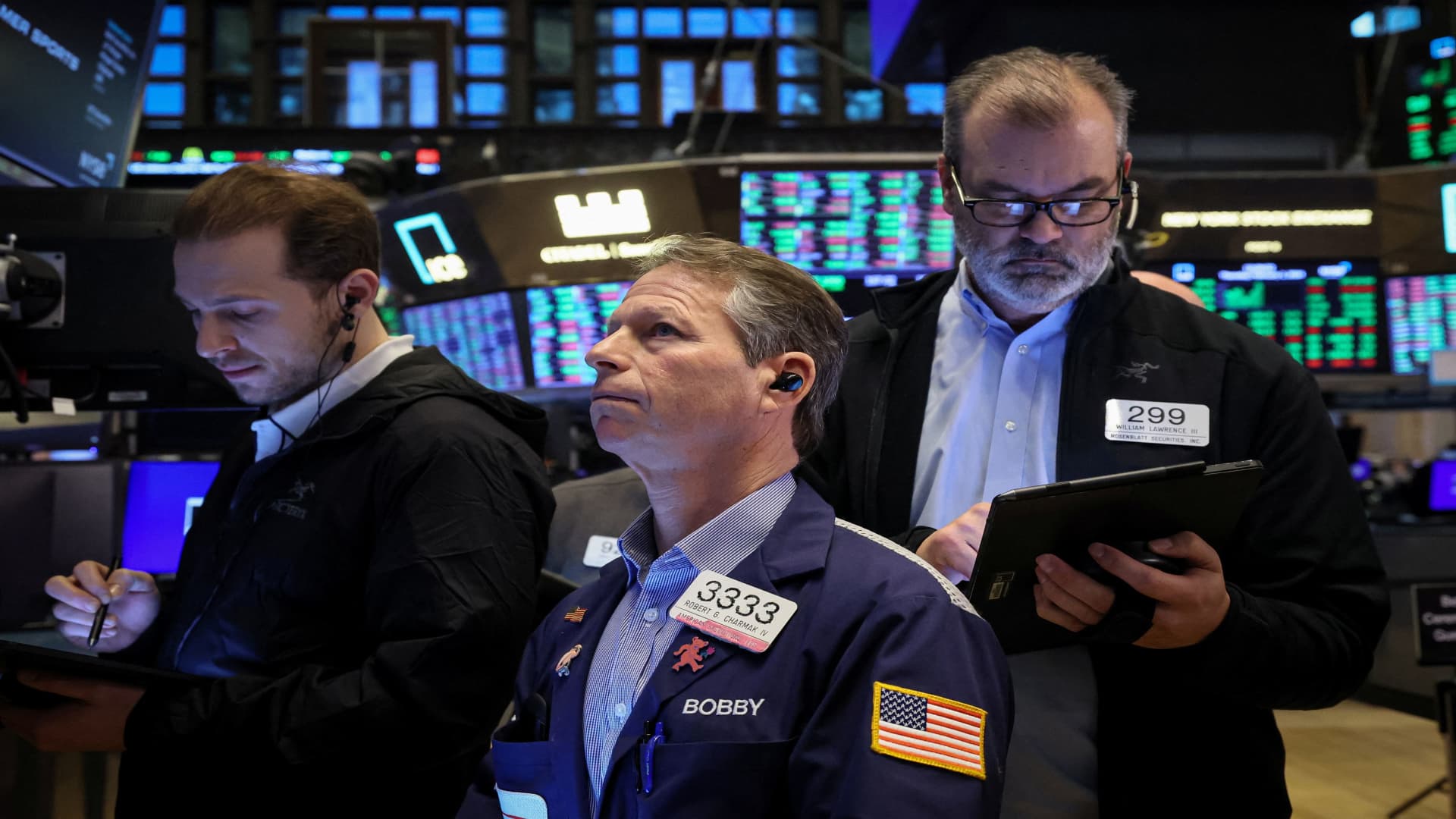The study by the International Narcotics Control Board (INCB) recommends responding with the same methods, executing anti-drug campaigns offering advice who can be trusted on popular online platforms.
“We can see that drug trafficking does not only take place on the dark web. Criminals are also exploiting legitimate e-commerce platforms,” said INCB President Jallal Toufiq.
Criminal gangs seize the opportunity to reach large global audiences on social media channels by turning them into marketplaces and posting Inappropriate, misleading and algorithm-targeted content. that is widely accessible to children and adolescents, the board said.
poppy sacrifice
The report's authors noted a significant decline in poppy cultivation and production of heroin in Afghanistan, following the drug ban by the Taliban. But South Asia methamphetamine trafficking boom It is linked to its manufacturing in Afghanistan with outlets in Europe and Oceania.
In Colombia and Peru there has been a notable increase in illicit cultivation of coca bush, increasing by 13 percent and 18 percent respectively in 2022.
Cocaine seizures also reached a record level in 2021 in West and Central Africa, a major transit region.
And Pacific island states have gone from being solely transit points along drug trafficking routes to becoming destination markets for synthetic drugs.
Opioid crisis persists in North Americaand the number of deaths related to synthetic opioids other than methadone exceeded 70,000 in 2021. In Europe, several countries are seeking a regulated market for cannabis for non-medical purposes, which INCB experts believe may be incompatible with drug control.
Real World Dangers Online
Other trends linked to drug trafficking today include the use of encryption methods in communications and transactions and anonymous browsing on the dark web, as well as online payments. hard to track CRYPTOCURRENCIESincreasing challenges for prosecutors.
The INCB report also highlighted how criminals move their operations to regions with less strict law enforcement or lighter penalties, often choosing countries where extradition can be evaded.
The most recent data also emphasize the increased risk of fatal overdoses related to the online availability of fentanyl (many times more addictive than heroin) and other synthetic opioids.
Another area of concern is Telemedicine and online pharmacies. While these services have the potential to improve access to healthcare and simplify the prescribing and dispensing of life-saving medications, illegal Internet outlets that sell over-the-counter medications directly to consumers pose a very real risk to the public. health.
The global trade in illicit pharmaceuticals is estimated at $4.4 billion.
In many cases, it is impossible for consumers to know whether the drugs they buy are counterfeit, banned or illegal.
To combat the online threat, the report's authors insist that Internet platforms must be used to raise awareness about drug addiction in support of public health campaigns, especially targeting young people.
And given the global nature of the challenge, countries must cooperate to identify and respond to new threats, said the INCB, whose 13 members are elected by the UN Economic and Social Council (ECOSOC).

